Four years after being adopted by a charity, Hope, a Nigerian boy who was once abandoned by his parents and villagers on the street and considered a sorceress, is now healthy and talented in the arts.
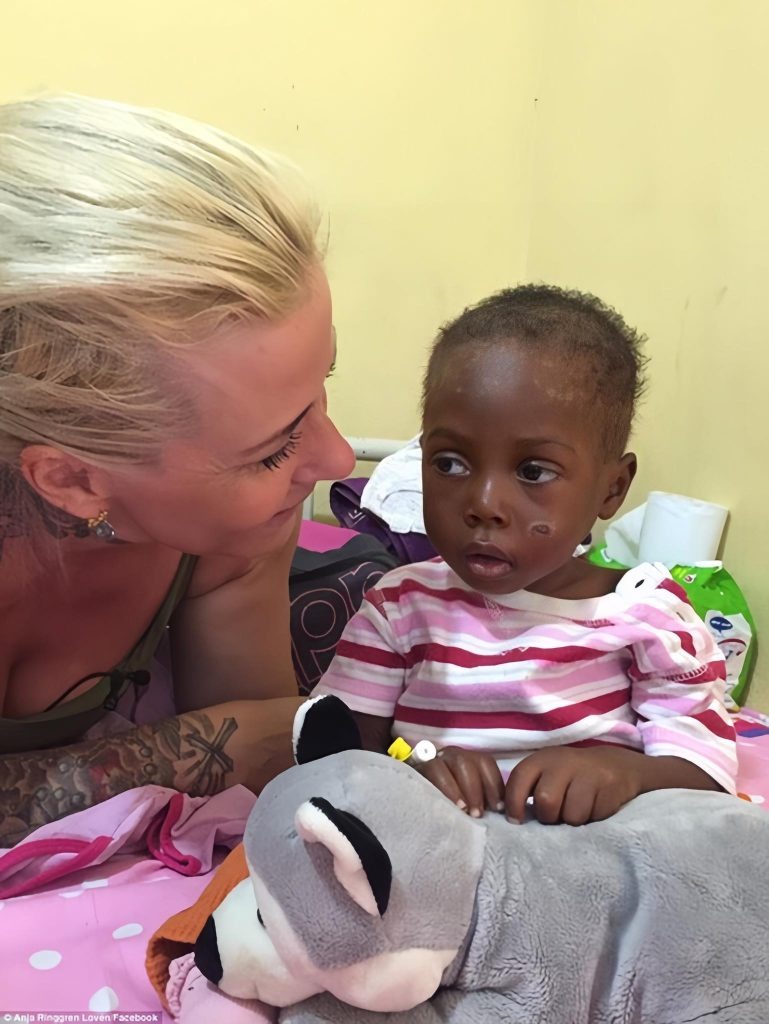
Early in 2016, a photo of a 2-year-old Nigerian child appeared on social media, causing the world to weep. Anja Ringgren Loven, a Danish volunteer and founder of the charity DINNehjael, is providing food and water to a stunted, ne infant in the center of the street.
The child named Hope was rejected by his family and the villagers because he was a sorceress.
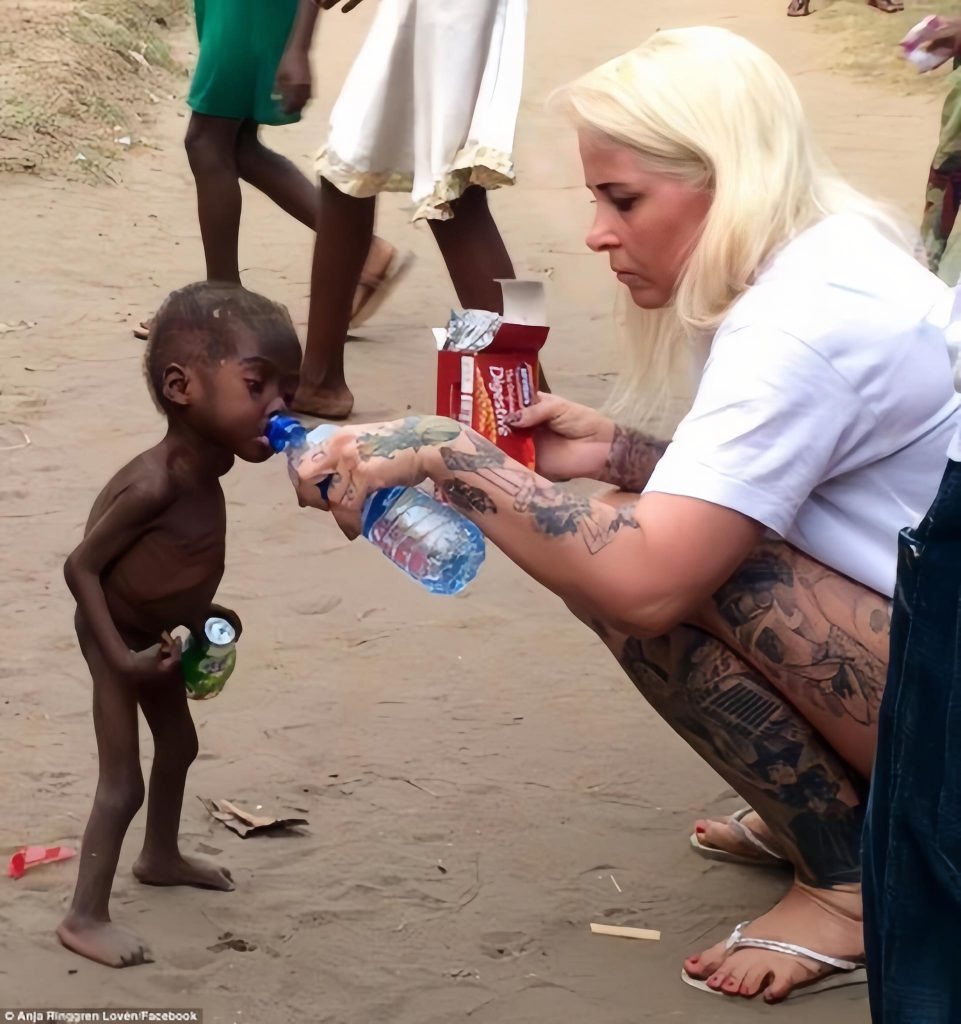
“When we rescued Hope, his condition was abysmal. He was severely malnourished and afflicted with numerous illnesses. During the first two weeks of his hospitalization, his condition was critical. We had no opportunity to even see him. Anja said, “I don’t know if I can survive.”
Anja then returned Hope to her charity, where she has cared for hundreds of abandoned children over the past eight years. After four years of intensive upbringing, Hope has undergone a remarkable transformation.
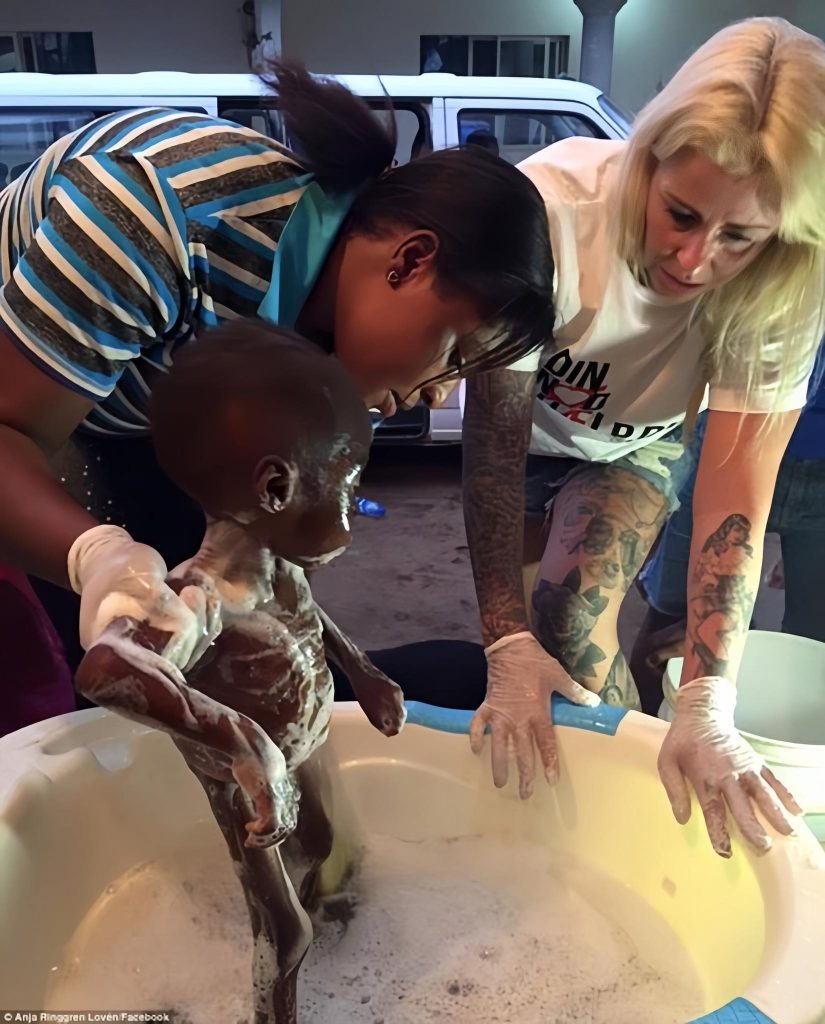
“Hope is now in excellent health and enjoys attending school. His passion is art, and he is highly intelligent. Hope is extremely talented at drawing, and many of his works have been sold. We refer to him as the little Picasso,” Anja added.
Hope has not seen her parents since her return to DINNdhjael, and the organization has been unable to contact any of her relatives. Despite a difficult beginning, Hope is now able to examine the photograph with joy after Anja discovered her.
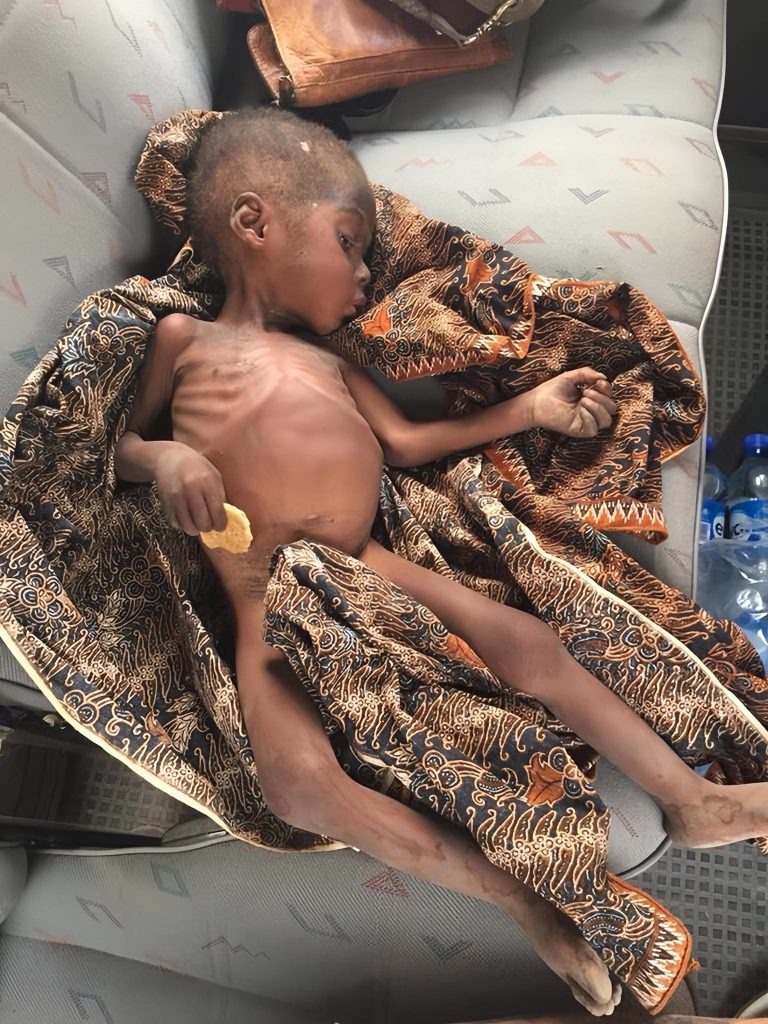
Anja, who is now an ambassador for Universal Peace Federation International, remarked, “He would frequently point to the photo and beam with pride.” “However, I am aware that this is not vanity. Children are born without prejudice and with the capacity to forgive. We instilled in Hope a hatred for her parents, who abandoned her and accused her of misconduct. I am a sorceress, and you left me to perish on the street? corruption also. No society can flourish if its members are denied access to fundamental human rights such as education, health care, and social protection.”
Accusations of witchcraft are frequently prompted by family mortality or illness, crop failure, unemployment, or infertility. The children were then used as scapegoats, branded as demons, and abandoned by the villagers.
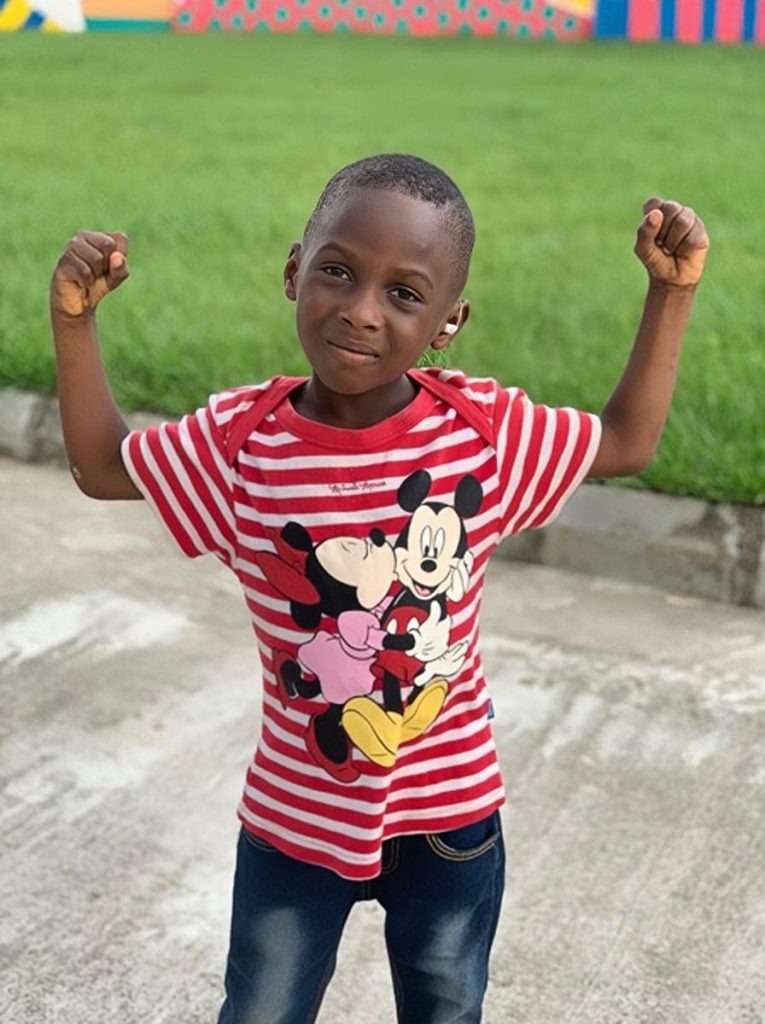
Anja and her colleagues have raised more than 300 children and currently care for 76 children at the largest children’s center in West Africa, DINNdhjael.
Among them are nine-year-old females who have been subjected to torment, sexual assault, and even being buried alive.
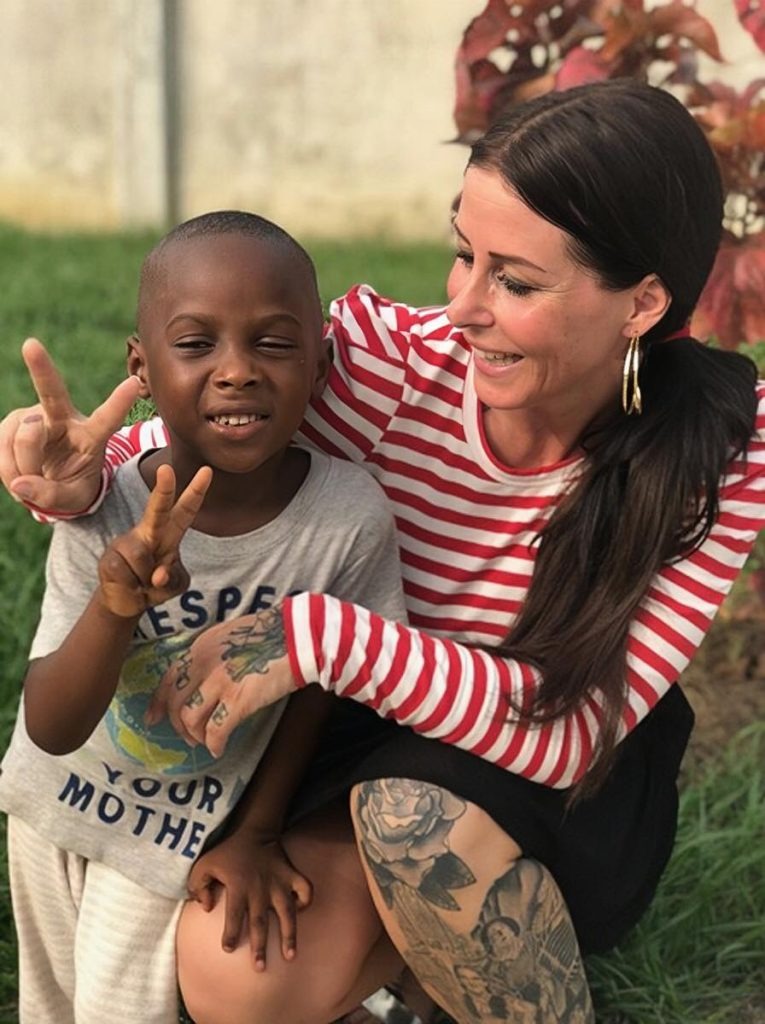
“Education is the most effective social investment and the most effective weapon against ignorance.” Human interaction and communication are what is required to solve a problem, not human interaction. judgment. We conduct ourselves with professionalism in our task. Through advocacy programs in rural areas, we must help people alter their beliefs and become enlightened, said Anja.
